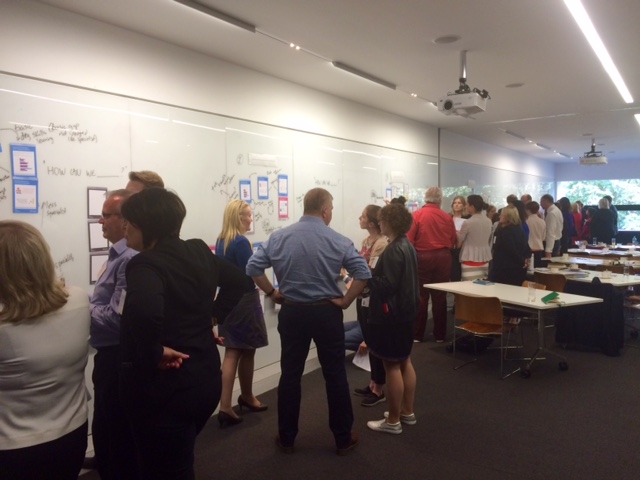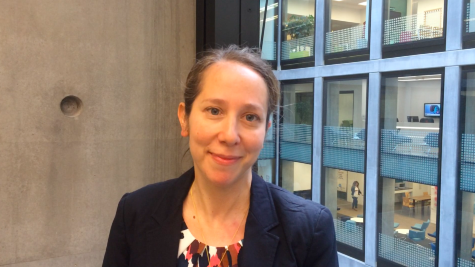Now more than ever, we live in a world that’s being reshaped by technology.
To make the most of this, we all need to consider how we adapt and update our skills to keep up with the innovations that can revolutionise our personal and professional lives.

Lifetime Learning Event
Technology has always changed our labour market, and it’s universally accepted that digital skills will become increasingly fundamental as our entire economy is digitally transformed. Demand for digital skills is growing. Between 2010 and 2014, the digital sector grew 32% faster that the rest of the economy. Job titles that we’re familiar with today, such as app developer and data scientist, hardly existed 10 years ago, and the skills required in established fields across all sectors are changing beyond recognition. 65% of children entering primary school today will be working in job roles that don’t yet exist and within 20 years, 90% of all jobs will require some level of digital skills.
However, what sets digital skills apart from other skillsets is the pace at which they change. They can’t simply be learned once through the traditional education and training system. Instead, they need to be continuously refreshed, with individuals actively choosing to learn and re-learn throughout their lives.
Our ability to do this as effectively as possible relies on us understanding now, as much as we can, what our economy will look like in the years to come and how we can best work together to equip people with the skills they need. The culture change this requires can’t be underestimated. That’s why today DCMS and the Government Office for Science convened a summit on Lifetime Learning in the Digital Age; to turn our thoughts to the future of digital skills and how we can ensure we’re best poised to make the most of technology.

Kate Joseph, Director of DEU at DCMS
Bringing together experts from academia, industry and the education and training sectors, today’s event gave us the opportunity to think about what the future will demand from us. Government Chief Scientific Adviser, Professor Sir Mark Walport stimulated thinking by presenting latest findings from the Foresight ‘Future of Skills & Lifelong Learning’ project. Delegates considered the significant trends influencing the future digital skills marketplace and identified the main challenges faced in matching the supply and demand for future digital skills. Discussions focused on the future roles for local and national government, industry and the education and training sector to create a culture of lifetime learning that meets the future digital skills needs of the workforce.
As anticipated, the discussion groups covered a vast range of topics; from the importance of leveraging the power intergenerational learning and the complexities of equipping and motivating people to be proactive lifetime learners, through to the increasingly important role of informal and flexible learning in meeting our future digital skill needs.
This is the start of many conversations and I would like to thank all those who took part today. Not only as an important contribution to the Foresight project, but to our shared task of building the transformational digital culture that the UK needs. If we get this right, we’re putting in place the foundations to create an innovative workforce who not only adapt to change, but are able to harness it to improve and enrich our lives.
 Department for Culture, Media and Sport
Department for Culture, Media and Sport